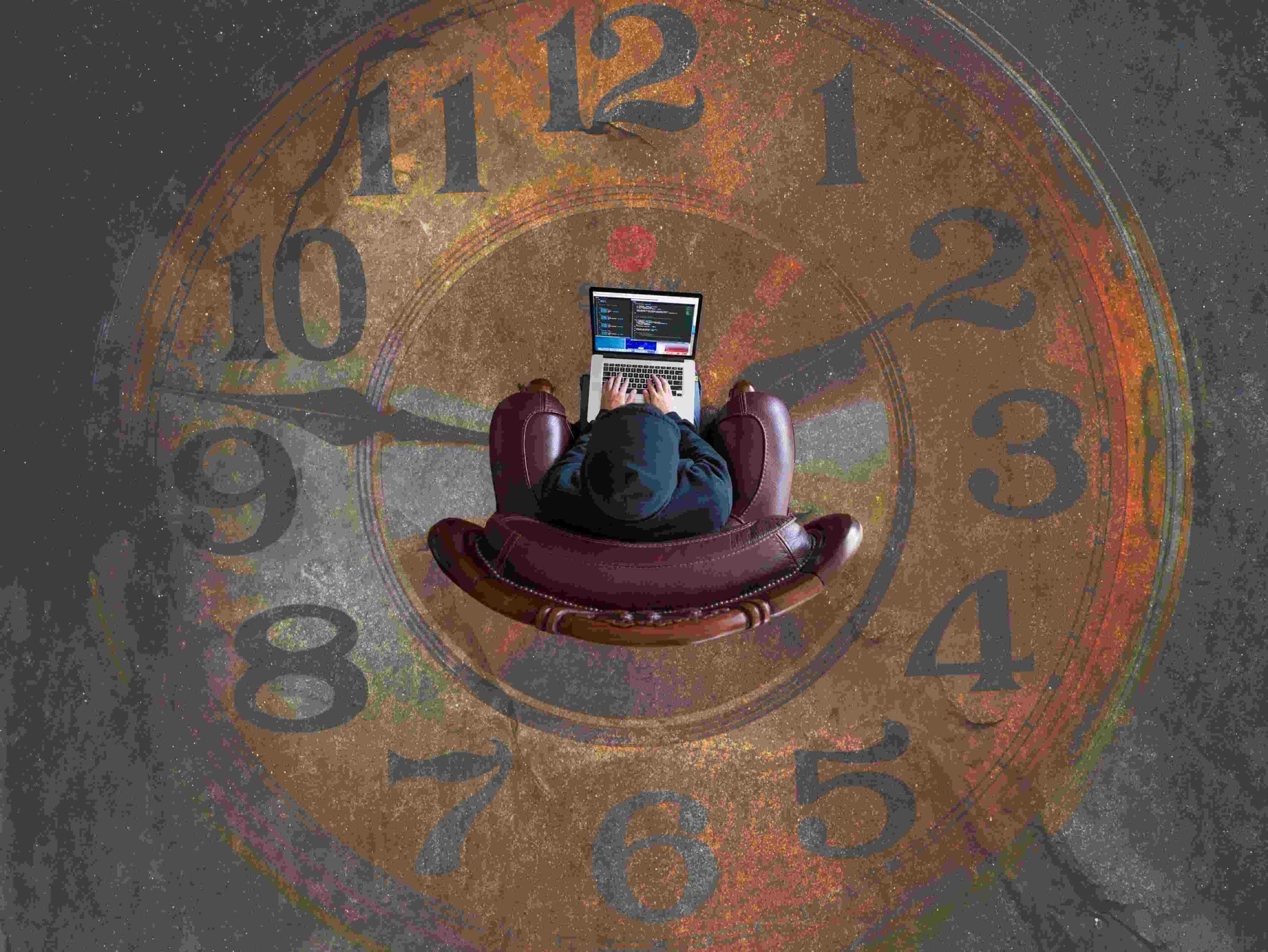There’s never a good time to manage a crisis. You can guarantee it’s going to happen when your CEO is on holiday, or 6pm on Friday when you are leaving the office for a night out.
A crisis will always hit when you least expect it. And if it hits in the evening, when your levels of cortisol are naturally at their lowest, that could affect how well you can manage a crisis.
Our bodies produce cortisol all the time, but particularly when we are faced with an adverse or imminent dangerous situation. It controls our mood, motivation and fear levels. It also helps us to think clearly. The amount of cortisol in your body will determine whether your crisis team adopts a fight or flight approach to the crisis.
A recent test by Japanese researchers found cortisol levels were at their highest in the morning and diminish during a normal day. The participants in their teens and early 20s were given a series of social stress tests to see what happened to their cortisol levels at different times of day.
They found the morning stress test showed a big spike in cortisol levels. On the flip side, while cortisol levels rose during the test in the evening, it was nothing like the levels in the morning. If we can’t produce as much cortisol in the evening, even under pressure, that means we may not be able to manage a crisis as effectively as we could in the morning.
Here are six tips to prepare your team for a crisis that could hit at any time of day:
- Practice and simulate crisis training at different times of the day to stress test your team
- Identify team members who operate better at these times and utilise them accordingly
- Assign crisis team members based on their behaviours and characteristics – don’t take them out of their comfort zone!
- Rotate and replenish your team during a crisis, as no one can maintain high cortisol levels all the time
- Review and update your crisis plan so people with lower cortisol levels have all the information they need to manage the crisis
- Rewrite your pre-prepared responses taking into account the cortisol levels of your audience. Their levels will also be heightened in the mornings, meaning they’ll be more alert to bad news.
Prepare your team by running regular simulations and training sessions that will lock in learning. This will also let you analyse their behaviour and adapt your plans or team roles accordingly, so you’re ready to face a stressful situation.
The investment in ensuring you and your team are crisis-ready will ensure your brand can ride out the crisis with minimal damage to your brand reputation.






Leave a Reply